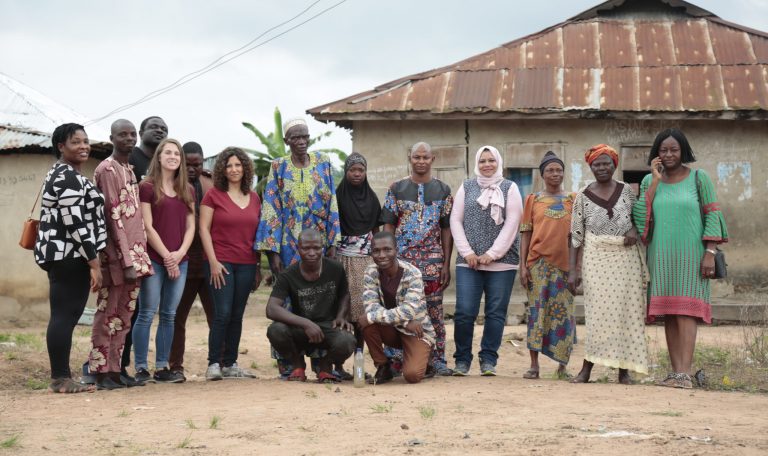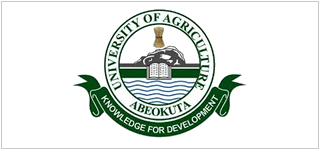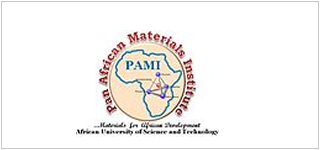
Host University: Ahmadu Bello University, Zaria
Vice Chancellor:
Centre Leader: Prof. Y.K.E. Ibrahim
Deputy Centre Leader: Prof. Mrs Mairo H. Inuwa
Centre’s Website: https://acentdfb.abu.edu.ng/
University’s Website:
Contact: yke.ibrahim@acentdfb.org
The Africa Center of Excellence for Neglected Tropical Diseases and Forensic Biotechnology was established in collaboration with the World Bank to drive Molecular Research and innovations on:
1. Novel standardized molecular diagnostic tools for the characterization of these parasites in their natural habitats which would be used to map the burden and distribution of the pathogens in the region.
2. Developing and maintaining pathogen sample and strain repositories.
3. To develop a vaccine development facility for innovative vaccination approaches on animals of economic relevance
many more





